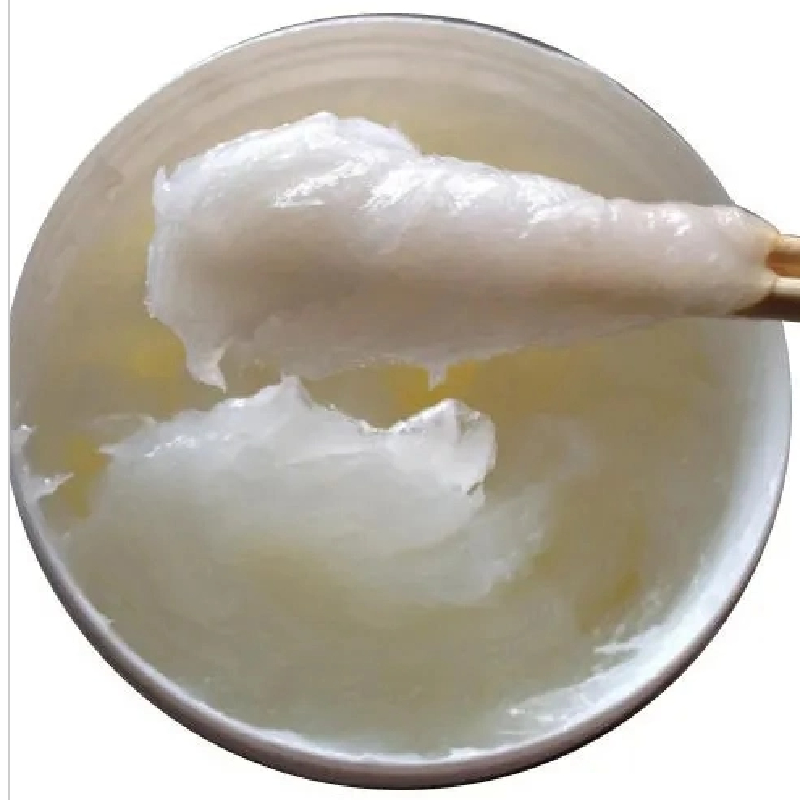Warning: Undefined array key "title" in /home/www/wwwroot/HTML/www.exportstart.com/wp-content/themes/1198/header.php on line 6
Warning: Undefined array key "file" in /home/www/wwwroot/HTML/www.exportstart.com/wp-content/themes/1198/header.php on line 7
Warning: Undefined array key "title" in /home/www/wwwroot/HTML/www.exportstart.com/wp-content/themes/1198/header.php on line 7
Warning: Undefined array key "title" in /home/www/wwwroot/HTML/www.exportstart.com/wp-content/themes/1198/header.php on line 7
- Afrikaans
- Albanian
- Amharic
- Arabic
- Armenian
- Azerbaijani
- Basque
- Belarusian
- Bengali
- Bosnian
- Bulgarian
- Catalan
- Cebuano
- China
- China (Taiwan)
- Corsican
- Croatian
- Czech
- Danish
- Dutch
- English
- Esperanto
- Estonian
- Finnish
- French
- Frisian
- Galician
- Georgian
- German
- Greek
- Gujarati
- Haitian Creole
- hausa
- hawaiian
- Hebrew
- Hindi
- Miao
- Hungarian
- Icelandic
- igbo
- Indonesian
- irish
- Italian
- Japanese
- Javanese
- Kannada
- kazakh
- Khmer
- Rwandese
- Korean
- Kurdish
- Kyrgyz
- Lao
- Latin
- Latvian
- Lithuanian
- Luxembourgish
- Macedonian
- Malgashi
- Malay
- Malayalam
- Maltese
- Maori
- Marathi
- Mongolian
- Myanmar
- Nepali
- Norwegian
- Norwegian
- Occitan
- Pashto
- Persian
- Polish
- Portuguese
- Punjabi
- Romanian
- Russian
- Samoan
- Scottish Gaelic
- Serbian
- Sesotho
- Shona
- Sindhi
- Sinhala
- Slovak
- Slovenian
- Somali
- Spanish
- Sundanese
- Swahili
- Swedish
- Tagalog
- Tajik
- Tamil
- Tatar
- Telugu
- Thai
- Turkish
- Turkmen
- Ukrainian
- Urdu
- Uighur
- Uzbek
- Vietnamese
- Welsh
- Bantu
- Yiddish
- Yoruba
- Zulu
Novemba . 24, 2024 16:55 Back to list
citric acid monohydrate
Understanding Citric Acid Monohydrate Properties, Uses, and Applications
Citric acid monohydrate, a form of citric acid with one molecule of water, is an organic compound that plays a significant role in various industries. Its chemical formula is C6H8O7·H2O, and it is a key ingredient in numerous products ranging from food and beverages to pharmaceuticals and cosmetics. This article explores the properties, uses, and applications of citric acid monohydrate.
Properties of Citric Acid Monohydrate
Citric acid monohydrate appears as a white crystalline powder. It is highly soluble in water, making it effective as a flavoring agent and preservative. This compound has a sour taste, characteristic of citrus fruits, from which it is naturally derived. Citric acid is a weak organic acid, which means it can act as a pH stabilizer. Its acidity can enhance the flavor profile of various foods, making it a preferred choice in the culinary world.
One of the notable properties of citric acid monohydrate is its ability to chelate metals, which means it can bind with metal ions, such as calcium and magnesium. This property makes it beneficial in both food preservation and cleaning products, as it helps to prevent oxidation and maintain product stability.
Uses in the Food and Beverage Industry
Citric acid monohydrate is widely used as an acidulant in the food and beverage sector. It enhances the tartness and flavor of numerous products, including soft drinks, candies, and frozen desserts. In addition to its flavoring properties, citric acid acts as a natural preservative, inhibiting the growth of mold and bacteria, thereby extending shelf life.
citric acid monohydrate

Moreover, citric acid is employed in the production of jams, jellies, and sauces, where its ability to balance pH is crucial for quality and preservation
. It is also utilized in the production of cheese, where it assists in the coagulation process during cheese-making.Applications in Pharmaceuticals and Cosmetics
In the pharmaceutical industry, citric acid monohydrate is important in the formulation of various medications. It acts as a stabilizer and preservative in liquid formulations and is often included in effervescent tablets, where it plays a crucial role in the effervescence process. Its chelating properties make it useful in preventing the degradation of active ingredients, ensuring efficacy and safety.
In cosmetics, citric acid is used for its exfoliating properties, helping to remove dead skin cells and promote a rejuvenated complexion. It is often found in skincare products aimed at brightening the skin and reducing the appearance of fine lines.
Conclusion
Citric acid monohydrate is a versatile compound with a multitude of applications across various industries. Its unique properties make it an essential ingredient in food and beverage production, pharmaceuticals, and cosmetics. As consumers continue to seek natural and effective solutions, citric acid monohydrate remains a critical component in enhancing product quality and safety, embodying the principles of innovation and sustainability in modern formulations. Understanding its benefits and applications is crucial for industries looking to leverage its potential for improved product offerings.
Latest news
-
Certifications for Vegetarian and Xanthan Gum Vegetarian
NewsJun.17,2025
-
Sustainability Trends Reshaping the SLES N70 Market
NewsJun.17,2025
-
Propylene Glycol Use in Vaccines: Balancing Function and Perception
NewsJun.17,2025
-
Petroleum Jelly in Skincare: Balancing Benefits and Backlash
NewsJun.17,2025
-
Energy Price Volatility and Ripple Effect on Caprolactam Markets
NewsJun.17,2025
-
Spectroscopic Techniques for Adipic Acid Molecular Weight
NewsJun.17,2025

